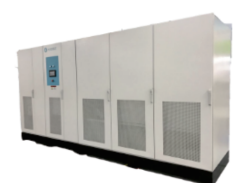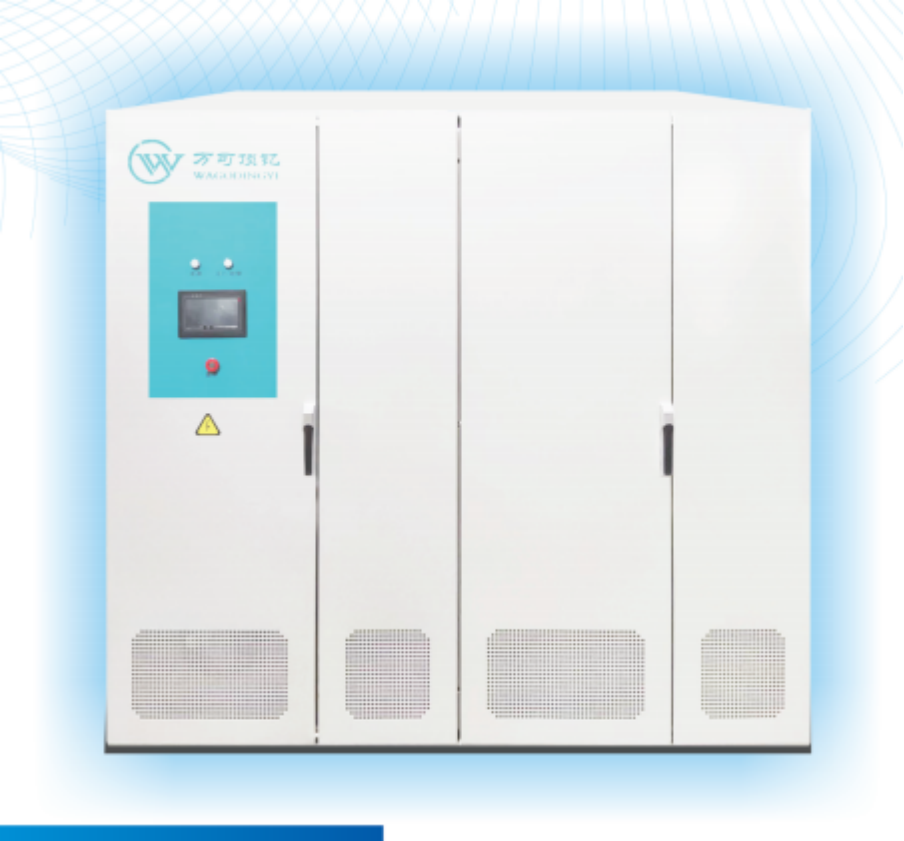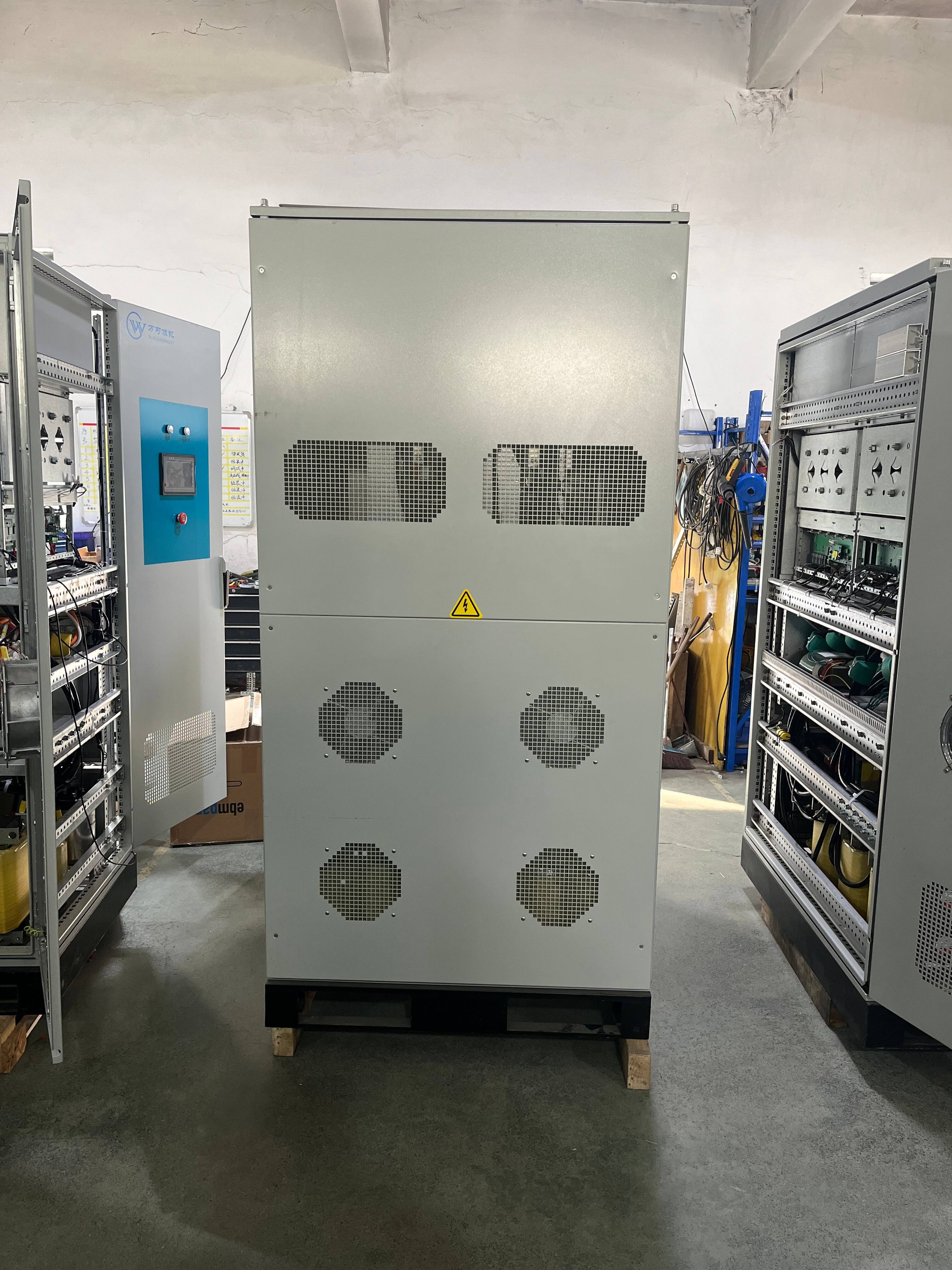zero voltage ridethrough test
The zero voltage ridethrough test is a critical assessment procedure designed to evaluate the resilience of electrical systems and equipment during momentary power interruptions. This sophisticated testing methodology simulates voltage dips and complete power losses to ensure that electrical systems can maintain stable operation even under adverse conditions. The test specifically examines how equipment responds to voltage drops to zero volts for predetermined periods, typically ranging from milliseconds to several seconds. During the test, specialized equipment monitors various parameters including voltage levels, current flow, and system stability. The primary function is to verify that electrical systems, particularly in industrial settings and renewable energy installations, can continue operating or recover quickly after experiencing severe voltage dips. This testing is especially crucial for grid-connected systems, where maintaining stability during network disturbances is essential for overall power system reliability. The technology incorporates advanced monitoring systems, precise timing controls, and sophisticated data analysis tools to provide comprehensive performance evaluations. Applications span across multiple sectors, including wind farms, solar installations, industrial manufacturing facilities, and critical infrastructure where continuous operation is paramount. The test results help engineers optimize system designs, implement necessary protective measures, and ensure compliance with grid codes and regulatory requirements.




